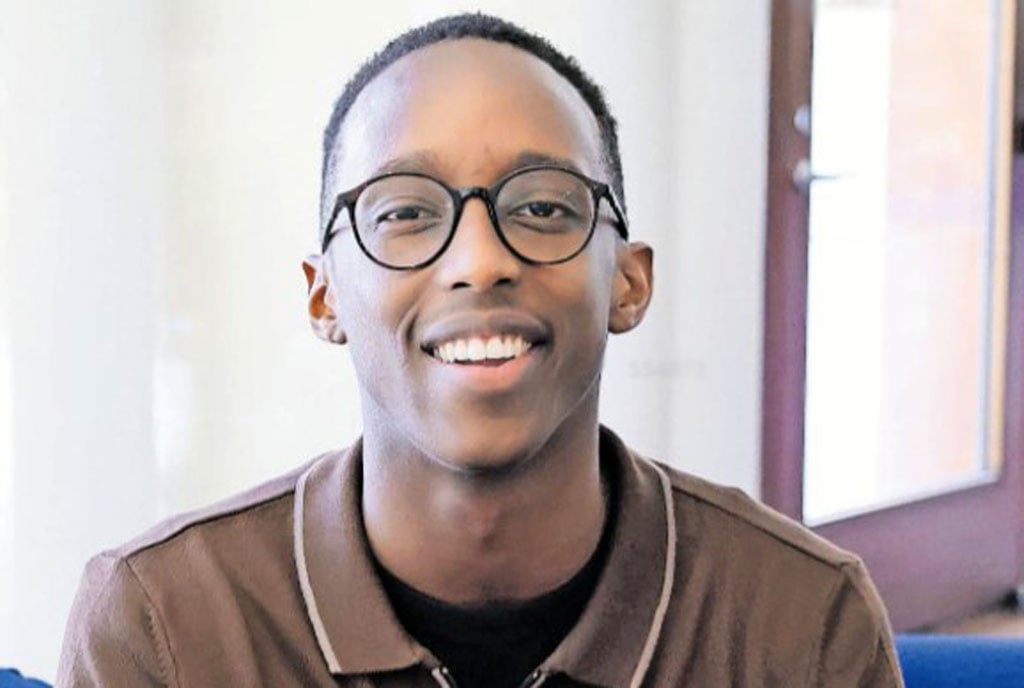Prime
Soldiers came to kill me but instead admired my art and left

Gen Tumwiine (R) relaxing with some friends. COURTESY PHOTOS
What you need to know:
General Elly Tumwine hid in a wardrobe, listened to Amin’s soldiers admiring his art pieces and that black Tuesday changed his life.
I was born on April 12 1954, I am the fifth born out of seven children from my mother’s side and among a total of 14 from my stepmothers in Makorwa village, Burunga sub-county in Kiruhura District.
Burunga is known as the foundation of Christian revival in Ankole. My grandparents, Daudi Kigyemuzi Rubanonzya and Edinansi Kazigire Ruhondeire, were among the first 60 people in Burunga to get saved and this made me what I am today. There emerged a community built on strong pillars of Christian principles and virtues.
It was absorbed in fellowship, treaded the path of transparency (kutambulilamumusana), valued prayer and forgiveness. I think because of the enviable moral lives the Christians led, my father too got saved.
I went to Burunga Primary School and then to Mbarara High School for my O-level. One of my fondest childhood memories is my P6 when we were taught Maths and English by a Senior Six vacist called Yoweri Museveni (now the President of Uganda).
Generally, I would say I was a free, responsible and hardworking child, adored by his parents and the community. I aspired to be a lawyer because of my two cousins, Grace Ibingira who was Uganda’s first Attorney General, and John Wycliffe Kazoora, who lived a comfortable and respectable life. But these dreams were changed when I went to St. Henry’s College, Kitovu.
We had a Fine Art teacher who told us, “When you are an artist, you don’t look for a job!” This statement tickled me and kept ringing in my mind untill I paid him a visit over the weekend. He offered me a seat and I keenly looked on as he tactfully painted in his compound at his house and he explained what he meant, “I make my art pieces, sell them to America and elsewhere and make good money.” This interaction changed my life and it is why I decided to pursue a Bachelor’s degree in Fine Art at Makerere University and a diploma in education.
Joining the army had never crossed my mind till one day when we went to a funeral of a student who had been killed by Idi Amin’s soldiers. We demonstrated by marching in our university gowns through the streets of Kampala to Kibuli. On our way back, the State Research Bureau vehicles wanted to knock us down.
We scattered and were able to return to the university but that night students from Mary Stuart and Lumumba Hall got thorough, inhuman and merciless beatings from soldiers.
I recall getting into a wardrobe to hide from soldiers, who had came into my room. I heard them praising my art pieces. They said they looked, “ like they are from a camera.” When they left I peeped outside and shed tears as students were kicked, slapped and harassed. We called it the Black Tuesday and it was our turning point. We decided to join hands with any genuine forces fighting to liberate Uganda that is why after teaching for a short period, I joined the fight against Amin.
After training at Kakoba in Mbarara, I was made Information Officer of the western axis of FRONASA untill the war ended. I was in a dilemma between going back to teach or continuing with the liberation struggle but the political education I received had opened my eyes.
I consulted with Museveni who urged me to go to Munduli in Tanzania for Officers Cadet training and that is how I became I fully fledged army man, then at the rank of Second Lieutenant.
My childhood has significantly impacted on my life today, losing my mother in Apac and failing to bury her at home in Burunga because transporting corpses from the north to Ankole was risky. This made me hate Amin and to detest injustice and insensitivity.
Also, the death of my father strengthened me in the sense that I had to work hard at university; I bought a camera and was engaged in photography so as to fend for our big family.
Because we grew up in an extended family, where we were taught to be responsible, look after livestock and each of us had a garden, possibly explains why the community spirit is still in me. Of course, a strong Christian background instilled in me the virtues of forgiveness, love for humanity, hope and transparency.
I am appalled at how today’s generation misses that touch with nature, and patiently working hard even if it required sacrifice. Today’s children grow up with a 1-2-3-4-5 approach to life: They want a car, two children, a three-bedroomed house, a four wheel drive, drive in gear number 5. This is very different from us who were nurtured to grow up responsibly, working hard and getting rich slowly but surely.
-As told to Ivan Okuda




